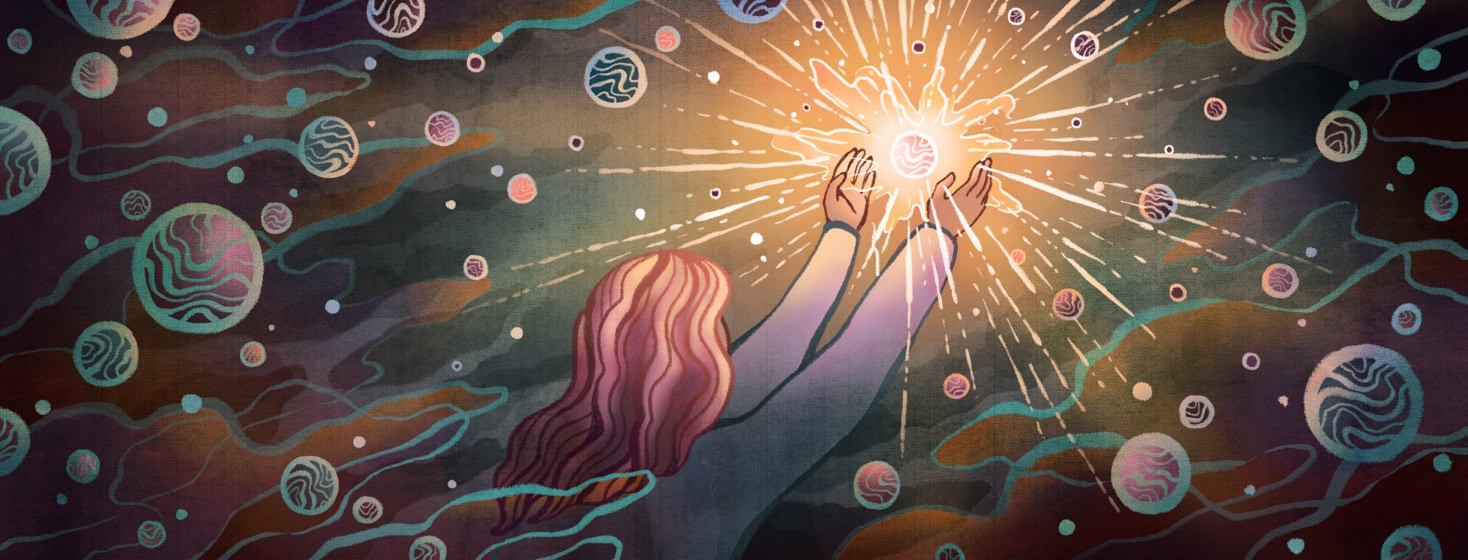What Insomnia Has Taught Me About Being Grateful
Perhaps I was too grumpy at the time to try this concept, but looking back at my former life with insomnia, I wish I'd been more grateful sooner than I was.
You might think to yourself, why should anyone be grateful for insomnia?!
Now, I didn't say I was grateful for insomnia, but since we're going in that direction ...
Insomnia showed me how resilient I am
Insomnia taught me how resilient I could be under the most challenging of circumstances. I made it through incredibly difficult days when I thought everything was stacked against me. I'm grateful for that gift of remembered resilience.
Would I have chosen that route of learning? No, but we often learn from adversity and negative experiences. Losses, challenges, and grief can show us a lot about ourselves, if we just look.
Shifting my focus away from insomnia
Many people stop there and think, "This idea is ridiculous. Everything is hard and there's nothing positive about it. I feel so miserable."
What about stopping the focus on insomnia and turning to the rest of your life? It can be difficult to do this. We spend so much time thinking about our lack of sleep that we forget to pay attention to other things.
Everyone has something in life to feel grateful for. I remember my first trip to India. Kids in the neighborhood were intensely grateful and overjoyed by a small bag of marbles. The kinds of things we trip over and swear at when our kids leave them out were literal treasures to these young children.
Practicing 'forced gratitude'
Starting a gratitude practice when things aren't so challenging is ideal, because then we have the mindset, attitude, and habit in place when we do need it. But we don't always think about being grateful when life is rosy. Only when we let ourselves take time for gratitude can we begin to see we have so much more in our lives than insomnia.
What helped me get started was to practice some "forced gratitude." I might not feel it, but my brain knows I'm grateful to be alive, to have my son, and other things I often take for granted. There's no need to wait until any of these things are threatened to feel grateful.
I practiced this "active and purposeful perspective taking" whenever I caught myself feeling low or like a victim to insomnia. It wasn't comfortable, but I could get myself out of bed and get moving. I couldn't always concentrate the way I wanted to, but I had eyes to see with, a brain to think with, and I could use that less focused time to do other kinds of things.
I notice the difference gratitude makes
Maybe I'd had a regretful argument with a friend, but at least I had a friend who tried to understand and who forgave me. Not everyone can get out of bed, have a healthy brain, or a trusted friend. I reminded myself to be grateful for those small things, even when life felt dark.
I practiced and practiced. I still practice. And I see how gratitude has helped not only me but also my clients with their sleep. They tend to catastrophize less about sleep and worry less about sleep, and this, not surprisingly, helps their sleep.
There is also evidence that improved sleep quality is associated with a gratitude practice. Daytime energy levels are higher in those with a gratitude practice compared to those without one – regardless of how many hours of sleep they get.1,2
I start every morning with a short list of what I'm grateful for, and what I'm planning to do that day.

Join the conversation